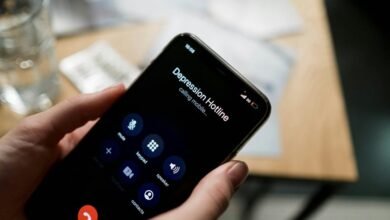Explore Insights About 2137378771, 2137849720, 2138179751, 2145068793, 2146516900, 2148332125

The phone numbers 2137378771, 2137849720, 2138179751, 2145068793, 2146516900, and 2148332125 exhibit distinct geographic affiliations tied to Los Angeles and Dallas. Each number serves various functions, often linked to customer service or marketing. Understanding the implications of these connections can reveal significant patterns in user behavior and communication preferences. What underlying trends may emerge from this analysis, and how might they shape future telecommunications strategies?
Geographic Origins of the Phone Numbers
The geographic origins of phone numbers reveal significant patterns in telecommunications infrastructure and regional development.
Area codes correspond to specific regions, reflecting local demographics and population density. These coding systems facilitate the efficient management of communication networks, enabling targeted service provisioning.
Understanding area codes offers insights into how communities are interconnected and how regional characteristics shape the telecommunications landscape, ultimately promoting individual autonomy in connectivity.
Types of Services Associated With Each Number
While examining the types of services associated with different phone numbers, one can discern a spectrum of functionalities that cater to diverse user needs.
Service providers offer various call types, including customer support, telemarketing, and emergency services. Each number may signify specific services, reflecting the operational strategies of providers aimed at enhancing communication efficiency and user experience across multiple sectors.
Notable Patterns and Trends in Communication
Emerging from the examination of services linked to various phone numbers, notable patterns and trends in communication reveal significant shifts in user behavior and service utilization.
Analysis indicates increased communication frequency among younger caller demographics, reflecting a preference for instant messaging over traditional voice calls.
This evolution underscores the need for service providers to adapt their offerings to meet the changing demands of users.
Conclusion
In examining the phone numbers from area codes 213 and 214, a complex web of regional communication practices emerges, hinting at underlying consumer behaviors and organizational strategies. Yet, as the landscape of telecommunication evolves, one must ponder: will these patterns persist, or will they transform in response to emerging technologies and shifting user preferences? The answer remains elusive, suggesting that the true impact of these numbers on their respective markets is still unfolding, cloaked in uncertainty.



